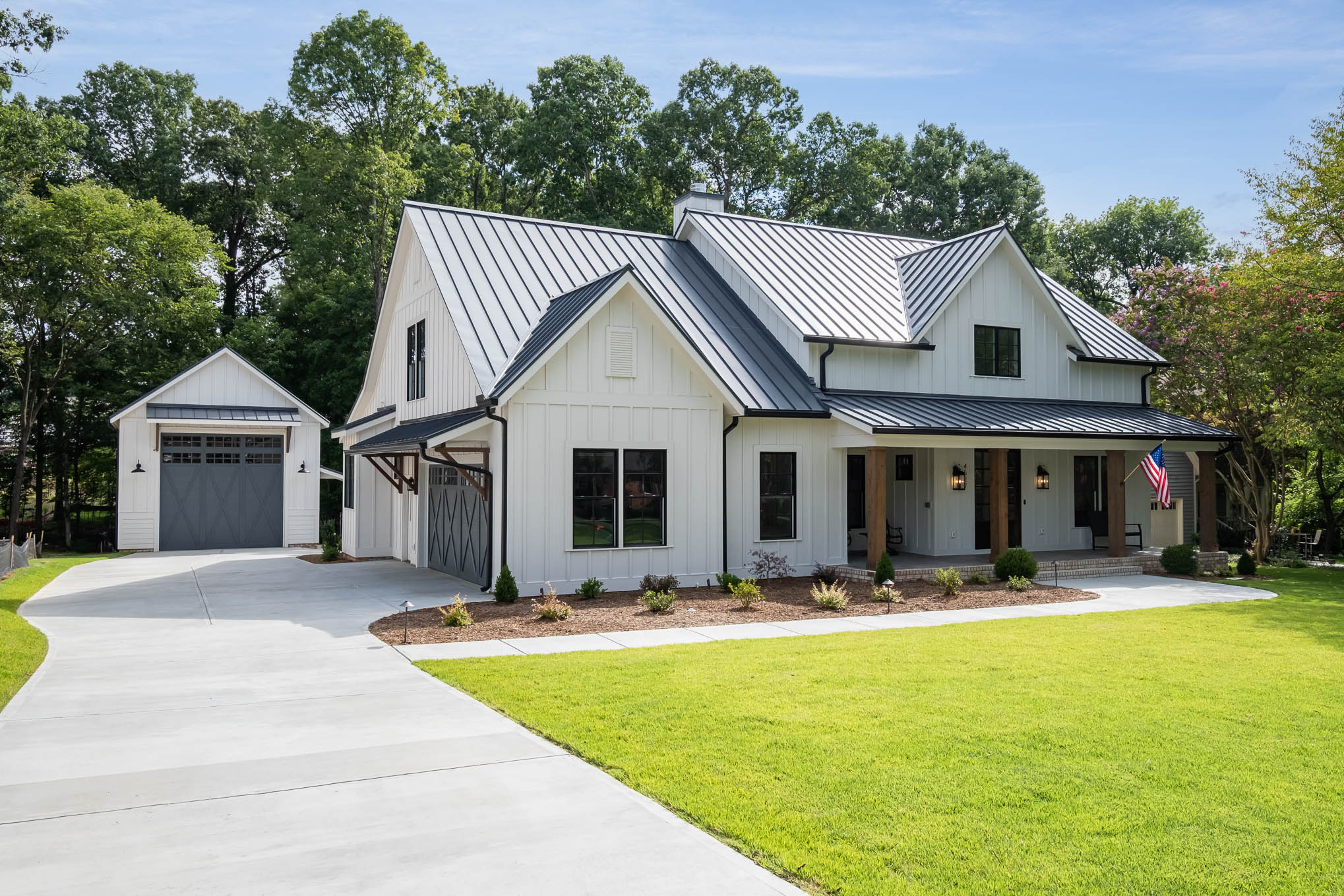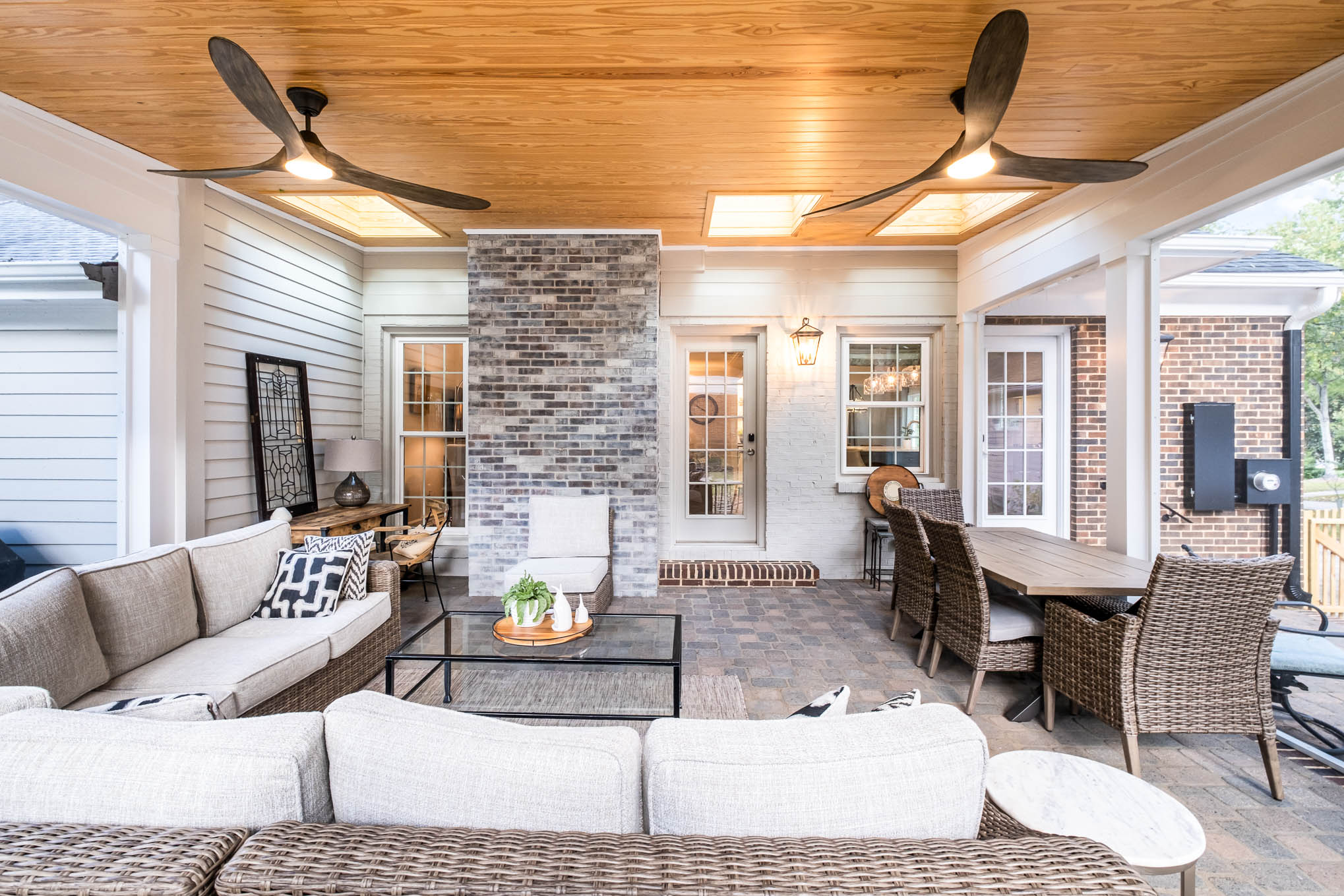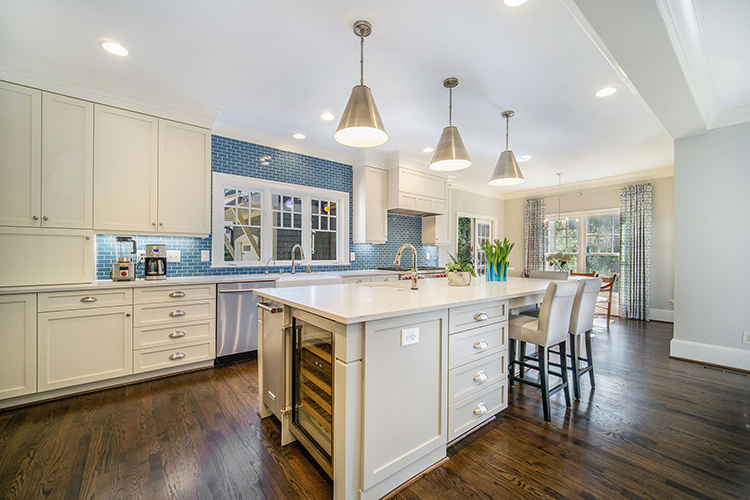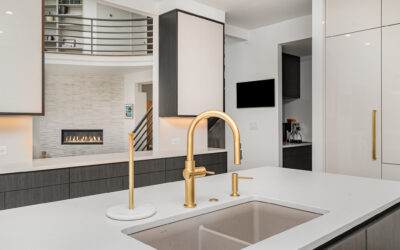Before you go buying up pumpkin scented candles for your home, let’s talk about chemical sensitivity. Personally, I have discovered that I am prone to headaches every time I am around a scented candle or air fresheners. Upon doing some research, I learned that when a scented candle is burned, the exhaust can contain volatile organic compounds (VOCs).
This discovery makes me think about the materials we use to build our homes as well. Some of my clients are very health conscious and ask for our advice about using safe alternatives to cabinetry, flooring, carpets and countertops. Many of these materials can be toxic to the chemically sensitive and it can be difficult to pinpoint the source within your home. This month, I want to share with you the top places we see toxic materials hiding in your home and what choices you have to create a healthier environment.
Toxic Materials: Are you Chemically Sensitive?
If you suffer from chronic fatigue syndrome, multiple chemical sensitivity, or upper respiratory problems, you may need to consider the materials that surround you every day – those in your home! It is very likely that your carpet, cabinets, countertops, varnishes, and paints could be exacerbating your health problems.
The good news is, there are natural materials that you can use in your home to minimize your symptoms and create a healthier environment for you and your family. Learn how to tell if your home may be making you sick and what you can do to remove toxic materials and replace them with safer alternatives.
What are toxic materials?
There are many materials around you every day that could be making you ill. Common culprits include:
- Carpets – Carpets can hold up to 8 times their weight in dirt, dust, allergens, and toxins. Additionally, carpets are made from materials that are known to cause cancer, including acetone and formaldehyde. Every time you breath, you take in these cancer-causing compounds, dirt and debris, and even mold and mildew spores if your home is damp.
- Countertops – Laminate and particle board countertops often contain chemical sealants that off-gas for years after installation. Even if you have tile counters, you could be breathing in mold and mildew spores. Since it’s difficult to clean the grout in your tiled counters, it can be hard to maintain a sanitary environment.
- Cabinets – Like countertops, cabinets often contain chemicals in particle board, pressed wood, MDF, laminate facing, and other materials. Every time you open a cabinet to get items in your closet or remove dishes for your next meal, you breathe in these odors.
What can you do about these toxins in your home?
- Here are a few of our suggestions for making a chemically safe home:
- Replace existing carpets with woven bamboo, hemp, natural wool, or sisal rugs. Or, replace carpets entirely with wood or tile. Use throw rugs made of the materials mentioned above to warm up the room.
- When you are putting carpet down, use staples instead of toxic glue.
- Remove existing cabinets and replace them with real hardwood, glass or pressed aluminum cabinets (if budget is a concern, salvage cabinets may be a good idea as they will already have off-gassed).
- Consider using shelving instead of upper cabinets altogether.
- Replace laminate countertops with natural wood, natural stone, glass, or metal
- Install a HEPA air purifier and add house plants to naturally clean your environment
- Air out your home to get the old toxic fumes out of there
How to Tell if You’re Chemically Sensitive?
Since you spend so much time at home, you might not notice if you are sensitive to something in the home. To figure this out, try keeping a symptom diary. Write down when you experience headaches, sinus problems, congestion, dizziness, or other symptoms of chemical sensitivities. One good way to tell if you might be affected by toxic materials in the home is if you feel better at work and worse when you come home from work.
The more changes you can make to remove environmental toxins in your home, the better you will feel every day.
Here at Creative Design Solutions, we do our best with every remodel and new home build to suggest the use of the safest materials for you and your family if that is important to you. If you suspect that you might be struggling with a chemical sensitivity, call us at 704-708-4466 to talk about replacing your cabinets, carpets or countertops with safer materials.









